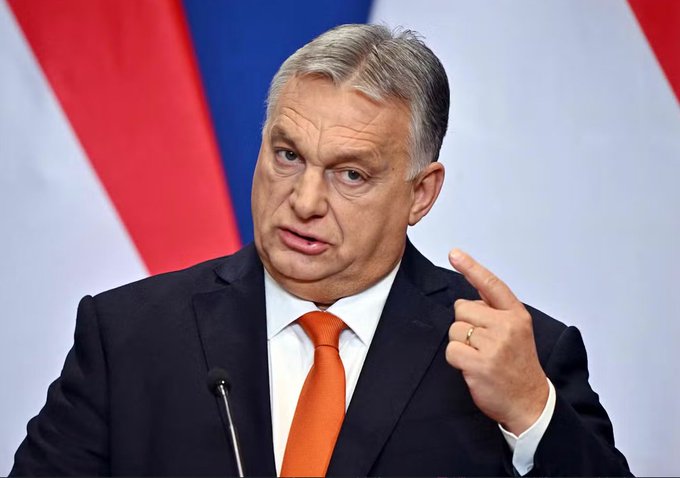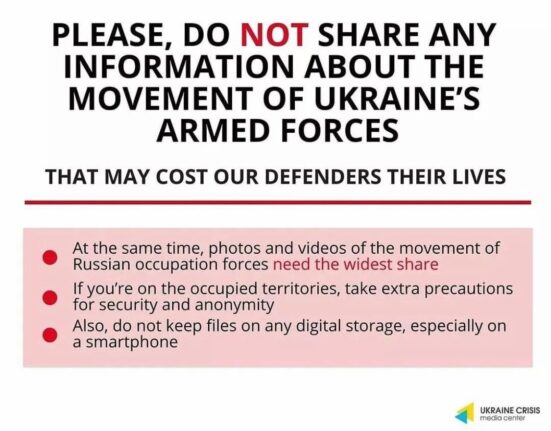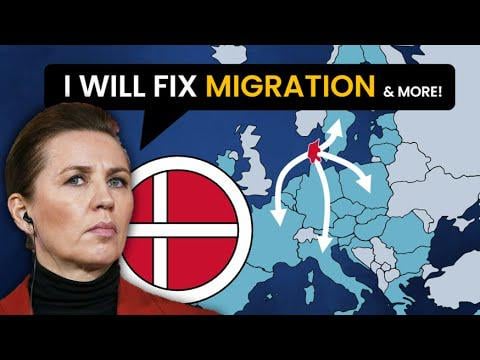In a startling development, Hungarian Prime Minister Viktor Orban’s government is facing mounting criticism for its crackdown on press freedom and human rights violations, coupled with economic challenges.
With a Value Added Tax (VAT) rate of 27%, the highest in Europe, Hungary’s economy is under strain, driving discontent among its citizens.
Furthermore, Orban’s alignment with Russian President Vladimir Putin, particularly in territorial ambitions, is ringing alarm bells across Europe..
The erosion of a free press and human rights in Hungary has raised concerns among European leaders regarding the country’s commitment to democratic values.
Orban’s tightening grip on power has sparked fears of authoritarianism taking root in a member state of the European Union.
The imposition of a high VAT rate reflects broader economic woes, indicating a need for structural reforms to ensure sustainable growth and alleviate the burden on taxpayers..
Amidst growing tensions, Orban’s alignment with Putin’s expansionist agenda is seen as a destabilizing factor in European geopolitics.
By supporting Putin’s territorial ambitions, Hungary risks alienating itself from EU allies and undermining the bloc’s unity.
The emergence of what some are terming a “new Axis” raises concerns about Hungary’s foreign policy direction and its implications for regional security..
The convergence of these factors paints a concerning picture for Hungary’s future trajectory and its relationship with the European Union.
The escalating tensions within the country, coupled with its alignment with Russia, may further strain Hungary’s ties with EU partners.
The international community will be closely watching how Orban’s government navigates these challenges, as the implications extend beyond Hungary’s borders, impacting the broader European landscape..









Leave feedback about this